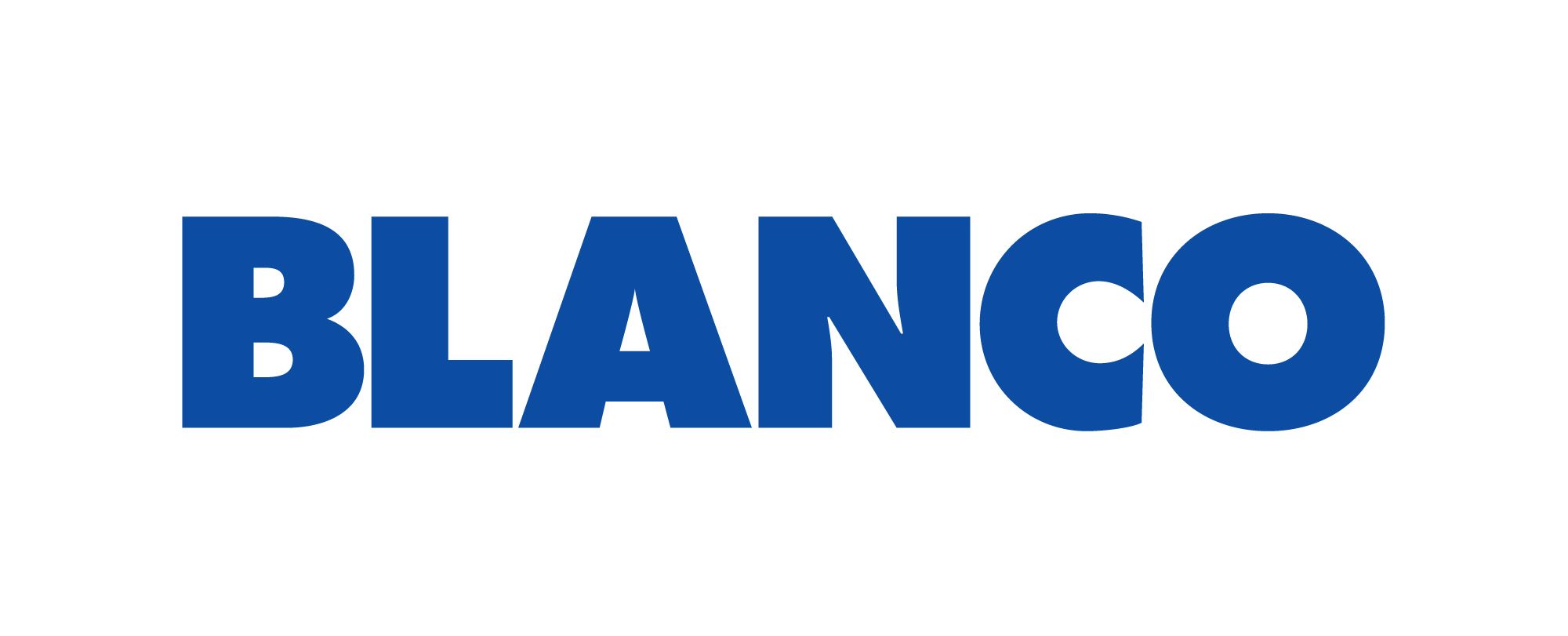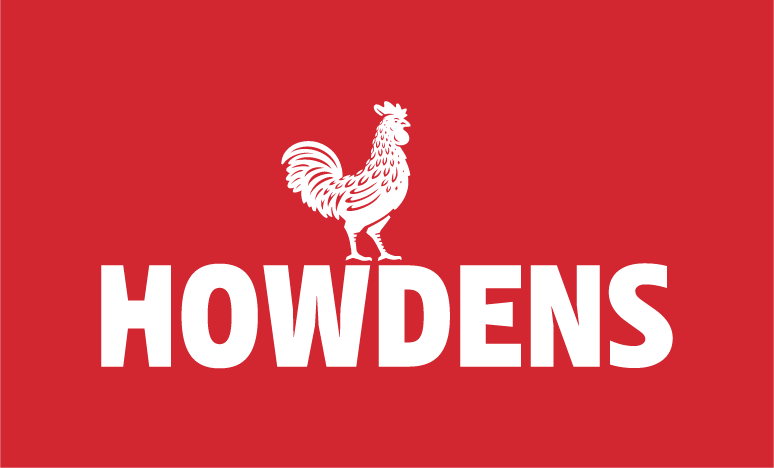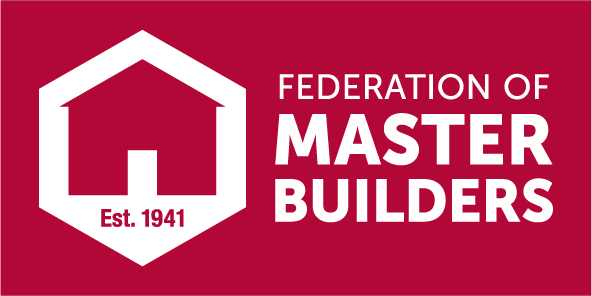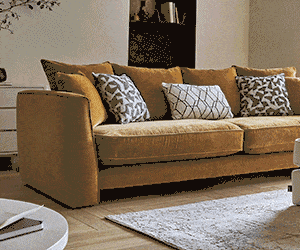Kevin's Green Heroes
-
The Injection Mini by Sustainable Design Studio is a compact, innovative device that transforms plastic waste into functional, beautifully designed objects. Perfect for designers and eco-enthusiasts, ...
-
Bettablok is an award winning fully sustainable Natural Earth Building Block system. These blocks made of a Clay, Chalk, Lime, Sand and Straw mixture, and are manufactured with minimum energy input, z ...
-
AgoFoam is a soft, squeezable seaweed-based foam that’s already being used in office spaces around the world. It’s a sustainable alternative to petroleum-based materials like polyurethane, fully biode ...
-
Sustique Presents Puustelli Miinus Sustique is proud to showcase the Puustelli Miinus kitchen system, a pioneering innovation in sustainable kitchen design. At the heart of Miinus is a patented biofra ...
-
Tyrecrete, a solid environmental solution to end-of-life tyres. The concept of Tyrecrete came to me when I working as a civil engineering manager in Afghanistan, constructing concrete roads, airfields ...
-
SAPPA Panels are a sustainable acoustic solution made from industrial hemp residues, offering both performance and purpose. They deliver high-quality sound absorption while transforming agricultural w ...
-
Every year over 10 million tonnes of furniture and interior design elements end up in waste streams in the EU. A tiny percent of this is recycled or reused while the vast majority ends up in landfills ...
-
The Elemental Cube™, is constructed of mostly recycled, or natural components, built for precision data collection both for thermal analysis and air quality control. The application of The Elemental C ...
-
A uniquely designed power bank with each case made from recycled plastic and 100% of the power coming from repurposed batteries saved from otherwise going to landfill. Handmade in the gomi studio in B ...
-
Made from British gypsum and water based resin, making them considerably more sustainable than similar oil based materials. Each table is unique, the colours and patterns are achieved by pouring layer ...

)
)
)
)
)
)
)
)
)
)
)
)




)





)
)











)
)





)






)
)